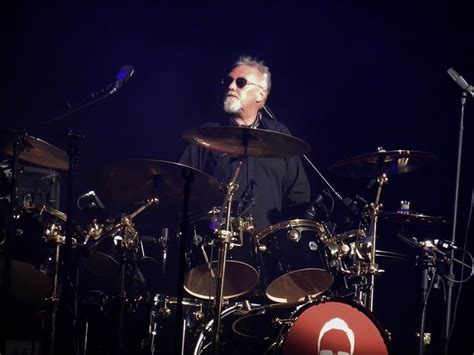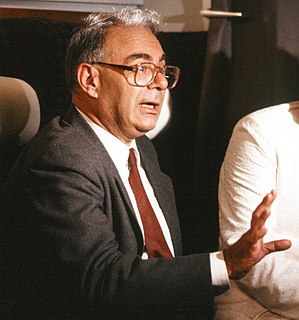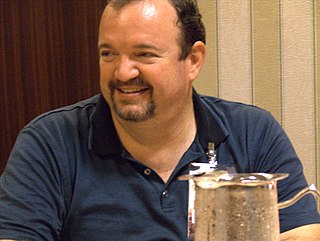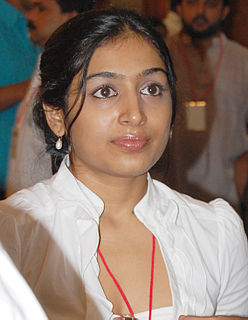A Quote by David Lagercrantz
My father was this huge, influential intellectual in the '60s and '70s. He was one of the main players in the cultural discussion in Sweden, the editor of papers.
Quote Topics
Related Quotes
When I began writing poems, it was in the late 60s and early 70s when the literary and cultural atmosphere was very much affected by what was going on in the world, which was, in succession, the civil rights movement, the antiwar movement, and the women's movement in the 60s, 70s, and into the early 80s. And all of those things affected me and affected my thinking, particularly the Vietnam War.
Insofar as theology is an attempt to define and clarify intellectual positions, it is apt to lead to discussion, to differences of opinion, even to controversy, and hence to be divisive. And this has had a strong tendency to dampen serious discussion of theological issues in most groups, and hence to strengthen the general anti-intellectual bias.
There are two principles on which all men of intellectual integrity and good will can agree, as a 'basic minimum,' as a precondition of any discussion, co-operation or movement toward an intellectual Renaissance. . . . They are not axioms, but until a man has proved them to himself and has accepted them, he is not fit for an intellectual discussion. These two principles are: a. that emotions are not tools of cognition; b. that no man has the right to initiate the use of physical force against others.
I was a child of the '60s basically, which is a real blank. I really started growing up, I think, in the '70s. I'm a glam-rock kid. But Dublin, Ireland in those days was a very dark place, as in it was a very poor, almost third world. Economically, the whole world is going through a recession at the moment. In the '60s, '70s, and the '80s in Ireland was a real recession. It wasn't a pleasant place.
































